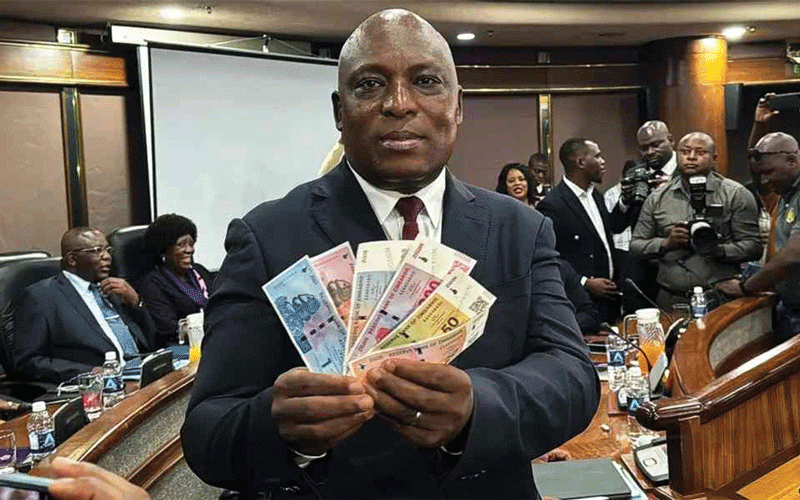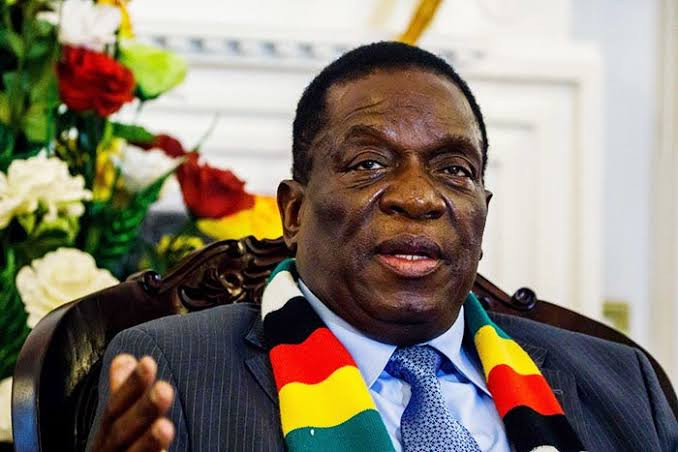
THE Reserve Bank of Zimbabwe (RBZ) says the new currency, Zimbabwe Gold (ZiG), has been widely accepted since its debut in April with its own survey showing that the acceptance had risen to 91% in June from 61% when it was launched.
The survey, the apex bank said, showed a “tremendous improvement” in economic agents willing to be paid in ZiG to 80% in June from 8% in April.
“Importantly, the results suggest that public confidence in ZiG has been improving because of increased stability and predictability of the local currency,” central bank chief John Mushayavanhu said in his mid-term monetary policy statement released last week.
The increased usage of ZiG must be sweet music to the ears of monetary authorities that are pushing for de-dollarisation whereby the local currency will one day become the sole legal tender.
President Emmerson Mnangagwa in July indicated that the mono currency regime could be coming sooner than the end of the multi-currency regime in 2030.
Despite the existence of a multi-currency regime, there appears to be no go areas for ZiG such as payment for fuel and passports, leading critics to term ZiG a part-time currency.
However, the stability created by ZiG appears to be artificial with prices having gone up by about 50% since the structured currency was introduced on April 5.
For example, a 2-litre bottle of cooking oil that was selling between ZiG42 and ZiG45 in April is now being sold at between ZiG68 and ZiG75 due to the depreciation of the local currency, although authorities claim the currency has held its own.
- Mr President, you missed the opportunity to be the veritable voice of conscience
- Rampaging inflation hits Old Mutual . . . giant slips to $9 billion loss after tax
- Monetary measures spur exchange rate stability: RBZ
- ED to commission new-look border post
Keep Reading
Resultantly, the managed exchange rate has seen retailers increasing prices in United States dollars so that they won’t suffer losses to avoid falling foul of authorities.
While the exchange rate in retail outlets is ZiG14,70, the same dollar trades for between ZiG20 and ZiG25 on the informal market. The premium is over 50% which means effectively we are back to the pre-ZiG levels with indications that things will worsen as the effects of the El Nino-induced drought bite in the last quarter of the year.
Retailers have reported declining United States dollar sales as customers use the ZiG. However, manufacturers prefer payment in dollars which complicates matters. Some products are slowly disappearing from shop shelves as manufacturers favour tuckshops that pay in foreign currency.
Monetary authorities believe they are on the right trajectory. Mushayavanhu said the exchange rate had been stable since the launch of the currency, averaging between ZiG13,20 and ZiG13,8 per US dollar.
Parallel market activity for the ZiG has also been effectively contained with lower premiums observed in isolated parallel market activities, he said.
Mushayavanhu said the ZiG reserve coverage ratio had increased to four times as at the end of July from 3 times on April 5.
While RBZ said it had walked the talk on full backing of the ZiG, it has no answers to the depreciation which is fuelling price increases.
The parallel market which Mushayavanhu had vowed to crush is back in full force and the premium has reached 50%. A multi-currency regime cannot apply only for retailers.
One should have the option of paying in ZiG when applying for a passport. In the absence of that, ZiG will remain a part-time currency as a peeved pro-government analyst said over the weekend. A rude awakening awaits Mushayavanhu as former allies have turned critics.






